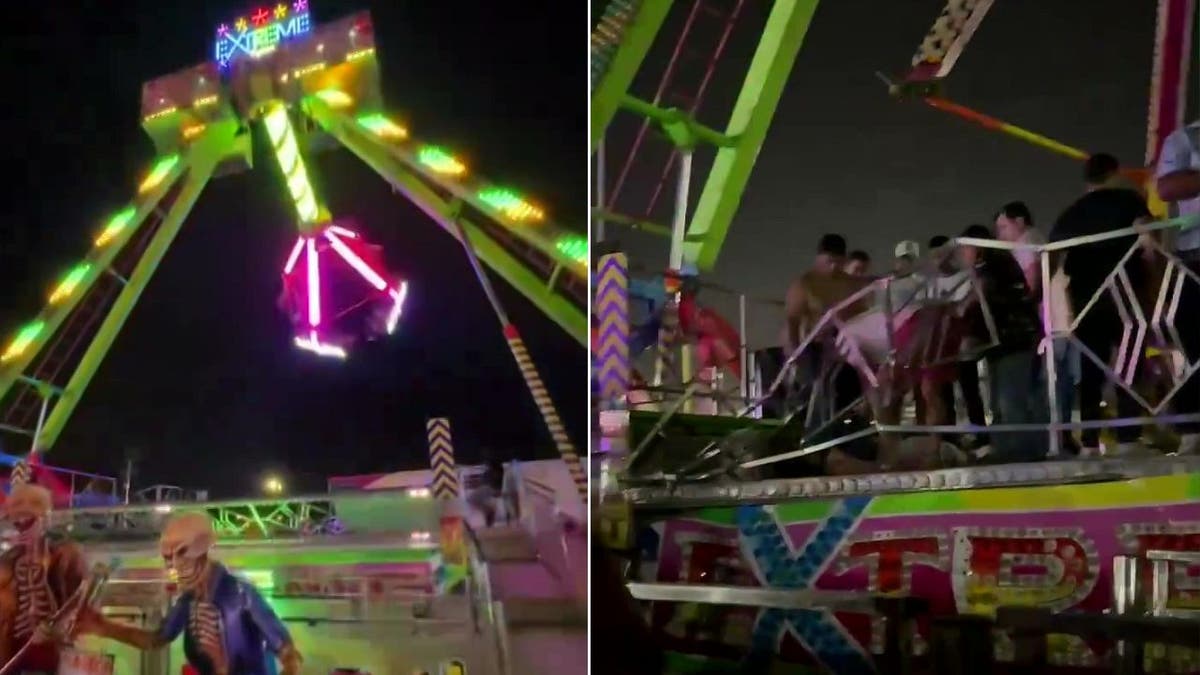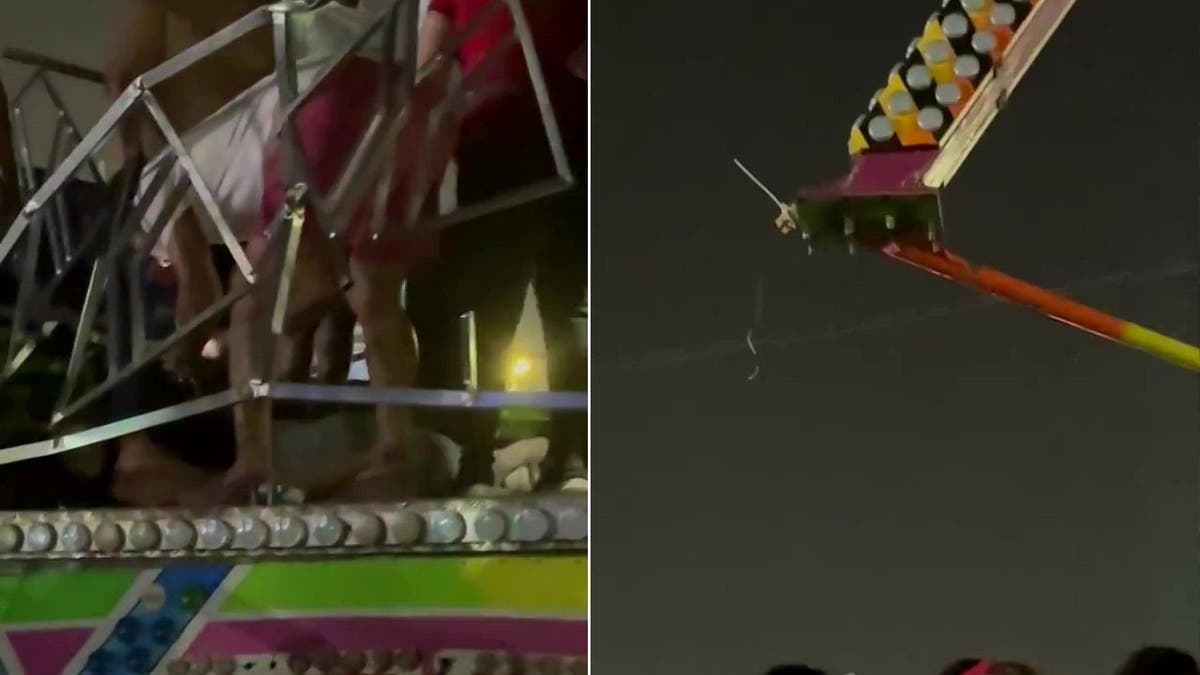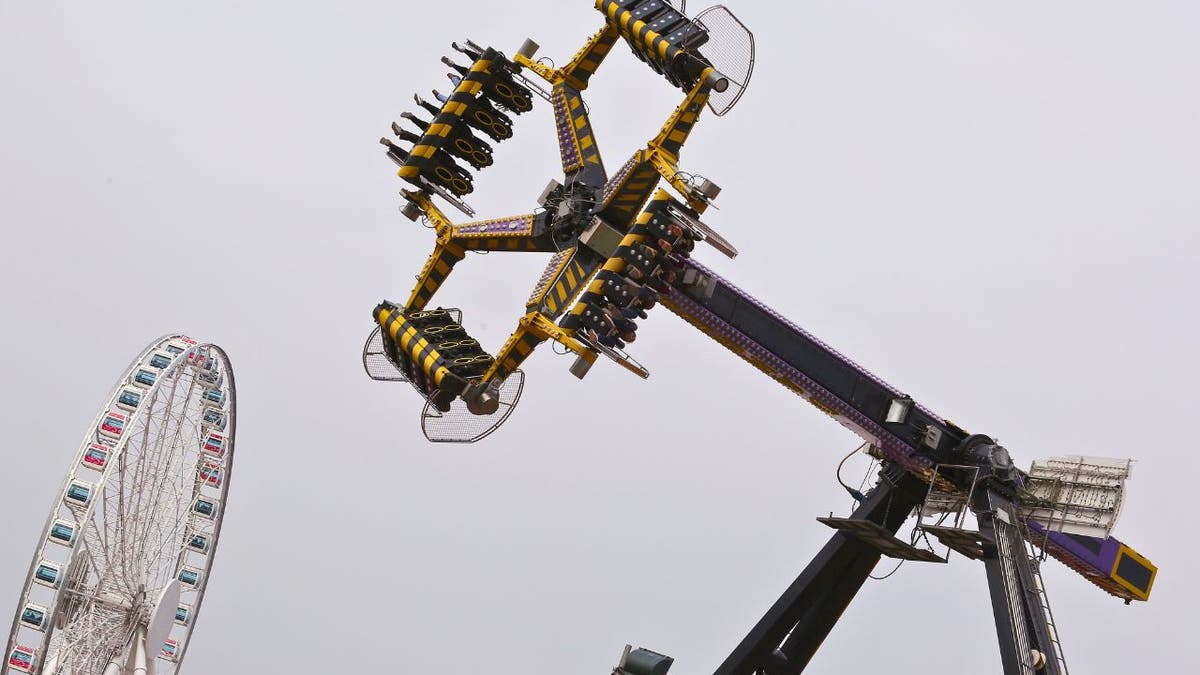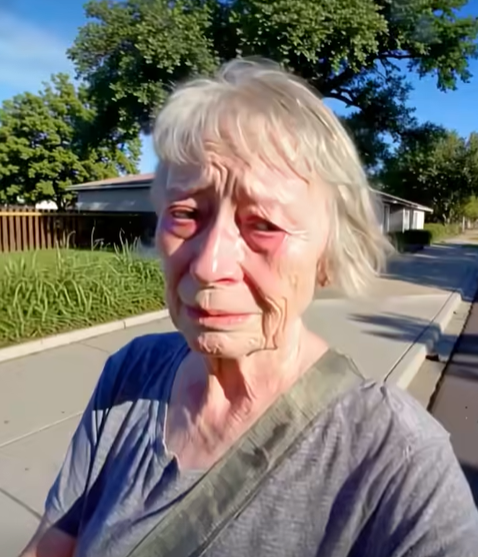I almost didn’t let Javi ride his bike to school that Friday morning. The back tire wobbled dangerously, the reflector was bent, and the little silver frame squeaked with every turn of the pedals. He was nine years old, still proud of the flame stickers he had chosen and the colorful streamers he had begged me not to cut off. But lately, pride had turned into shame. The same bike that made him beam had become a reason for other kids to laugh at him. “Baby bike,” they called out. They rang his bell mockingly. For weeks, Javi had been waking up with mysterious stomachaches—excuses not to face the playground chorus.
The night before, after watching him gently wipe down his bike with baby wipes, I broke. I wrote a frustrated post in a local Facebook group about bullying, about how cruel children can be, and how my son, who took such care of his bike, was being crushed by their laughter. I expected a few sympathetic comments, maybe some advice. What I didn’t expect was an avalanche. Within an hour my phone lit up with notifications. Among them was a message from a woman named Mairead. She said her brother rode with a motorcycle group that did “positive rides” for kids.
I pictured three bikers showing up, maybe five at most, roaring their engines to cheer up my boy. I told her yes, thank you, though I wasn’t sure what to expect.
Friday morning, we heard them before we saw them. A low rumble echoed down our street, the kind of sound that makes windows tremble. Fourteen motorcycles turned the corner, chrome flashing in the sunlight, engines roaring like thunder rolling across the pavement. Javi froze on the front porch, his eyes wide as the line of Harleys pulled up to our curb.
One of them—a giant of a man with a beard that fell to his chest—stepped forward, holding out a small leather vest. On the back, in white stitching, were the words “Junior Guardian.” He crouched down to Javi’s level. “You ready to ride, brother?” he asked.
Javi nodded slowly, almost afraid to breathe.
The bikers didn’t just accompany him. They flanked him like bodyguards. That tiny, wobbly silver bike with its squeaky bell and flame stickers rolled right down the middle of a double line of steel and leather. Engines growled around him as if daring anyone to laugh.
The effect was instant. Cars pulled over. Pedestrians stopped to stare. Teachers stepped outside as the group pulled into the school parking lot. For the first time in weeks, no one snickered. No one whispered. Javi rode with his head high, the grin on his face brighter than the spoke lights that clicked on when the bikers slowed.
The leader, who introduced himself later as Darek, killed his engine, swung off his bike, and walked Javi to the front doors. He knelt so their eyes met. “Anybody gives you trouble,” he said, loud enough for the entire schoolyard to hear, “you tell them you ride with us now.” He fist-bumped Javi and walked back like he had done nothing extraordinary, but my son stood taller than I’d ever seen him.
That night, Darek texted me: “Mind if we swing by again next week? Kid’s got good energy.”
I typed back, “You’d really do that?”
“Of course,” he replied. “Some of us know what it’s like to be that kid.”
And they did. Over the following weeks, I learned their stories. Zubair had once been the boy with a pink girls’ bike donated by a shelter. He was beaten up for it. Lonnie used to walk five miles in shoes held together with duct tape because his parents couldn’t afford more. Each of these rough-looking men, with their tattoos and gravelly voices, carried scars from being mocked, overlooked, or dismissed. Helping Javi wasn’t charity—it was recognition.
They fixed his back tire, tightened his chain, and even added spoke lights. Chi, who worked at a stereo shop, installed a tiny handlebar speaker so Javi could play music on his rides. Each Friday became tradition. The bullying stopped—not only for Javi but for others. Two of the boys who used to tease him asked to join the rides. Darek made them apologize first. He called it a “respect check.” Only then did they earn their spot, running alongside until the group decided they were worthy of riding.
The change was so noticeable that the school principal invited the bikers to speak at an assembly for “Respect Week.” To my surprise, she handed Javi the microphone. My shy boy stood tall on the stage, leather vest snug over his T-shirt, and said, “They believed in me when other people didn’t.” His voice didn’t shake once.
Months passed, and the rides became more than a spectacle. They became lessons. One Friday, Darek pulled me aside before they set off. “We want to show him something,” he said. “Might be heavy, but we think it matters.”
That day, instead of heading straight to school, they rode across town to a low row of brick buildings. They stopped in front of a halfway house. Darek pointed to a window. “That’s where I stayed when I got clean,” he told Javi. “Do you know what clean means?”
Javi shook his head.
“It means I stopped doing stuff that hurt me—and hurt others. I made bad choices for a long time. People gave me second chances. That’s why I do this now. So you start with better ones.”
Zubair stepped up next. “I came from foster care. Thought I’d never get out. Someone showed up for me.”
Each man shared a fragment. Just enough to show that they, too, had once been small and scared. That someone had once stood beside them.
On the ride home, Javi was quiet. That night, he asked me, “Do you think I could help someone like they helped me?”
Over the weekend, he drew thank-you cards in crayon for each biker. “Thank you for not letting people be mean to me,” one read. “I won’t let them be mean to others either.” The bikers framed them and hung them proudly in their clubhouse.
Word spread fast. Other parents from neighboring towns asked for rides for their children. The group formalized into the “Guardians of the Wheel.” Local shops donated helmets, locks, and even bikes. News crews came. The bikers never charged a dime. They just kept showing up.
The biggest change wasn’t the schoolyard or the media attention. It was Javi. He grew braver, but also kinder. He defended kids at recess. He sat with the new boy who barely spoke English. He shared snacks without being asked. When I asked him what had changed, he shrugged. “Everyone deserves someone riding next to them.”
These days, he rides to school solo. He doesn’t need the escort. But sometimes he still wears the little vest with “Junior Guardian” stitched across the back. And when he hears the roar of a Harley somewhere down the street, he smiles every single time.
So if you ever see a pack of bikers surrounding a tiny bicycle with flame stickers and streamers, don’t laugh. Don’t assume you’re watching a gang looking for trouble. You’re watching something rarer. You’re watching men who once carried their own shame and scars rewriting the ending for a boy who almost believed he wasn’t worth standing up for. You’re watching community. You’re watching presence. And maybe, just maybe, you’re watching the beginning of a child who will grow up knowing exactly how to ride beside someone else.
23 Injured After Theme Park Ride Breaks in Half and Crashes to the Ground

23 Injured After Theme Park Ride Breaks in Half and Crashes to the Ground
Authorities said that they were investigating the cause of the ride's collapse

Google Maps
Green Mountain Park in Taif, Saudi ArabiaNearly two dozen people have reportedly been injured after a theme park ride broke in half and crashed in Saudi Arabia.The incident — which was captured on video and shared in multiple posts on X — occurred at Green Mountain Park in Taif on Thursday according to CNN News 18, NDTV and the Hindustan Times.
In the videos shared online, people could be seen riding the 360 Degrees, which normally has riders strapped to their chairs along a revolving platform that is flipped in the air from side to side while connected to a central pole. The ride appears to kick off as normal, showing the riders being flipped halfway through the air.
However, as the ride gained speed on the upward swing, the central pole suddenly breaks in half and the platform comes crashing down. The riders bounced from the impact as their seats hit the ground hard as nearby bystanders screamed.
In total, 23 people were injured, with three people in critical condition, per CNN News 18 and NDTV, which cited the Khaleej Times.
Eyewitnesses told the Khaleej Times they saw riders get injured while falling, despite being strapped to their seats. They also saw the central pole recoil at a high speed and strike some people who had been standing on the opposite side of the ride.

Getty
Stock photo of police carsSeveral people were treated at the scene before being transferred to nearby hospitals, per the outlets. Hospitals in Taif declared a code yellow emergency, which signifies a disaster or mass casualty event, according to CNN News 18.
Law enforcement were dispatched to the scene shortly after it occurred, according to NDTV. Authorities have launched an investigation into the incident in order to find out what may have caused the ride to collapse.
Never miss a story — sign up for PEOPLE's free daily newsletter to stay up-to-date on the best of what PEOPLE has to offer, from celebrity news to compelling human interest stories.
This isn’t the first time an amusement park accident has occurred this year. A 24-year-old woman named Priyanka died after a roller coaster malfunctioned at an amusement park in Delhi, India in April, according to India Today.
She had been on the roller coaster’s swing when it broke and she came crashing to the ground. She was taken to the hospital with severe injuries and was later pronounced dead, according to the outlet.
Read the original article on People
















